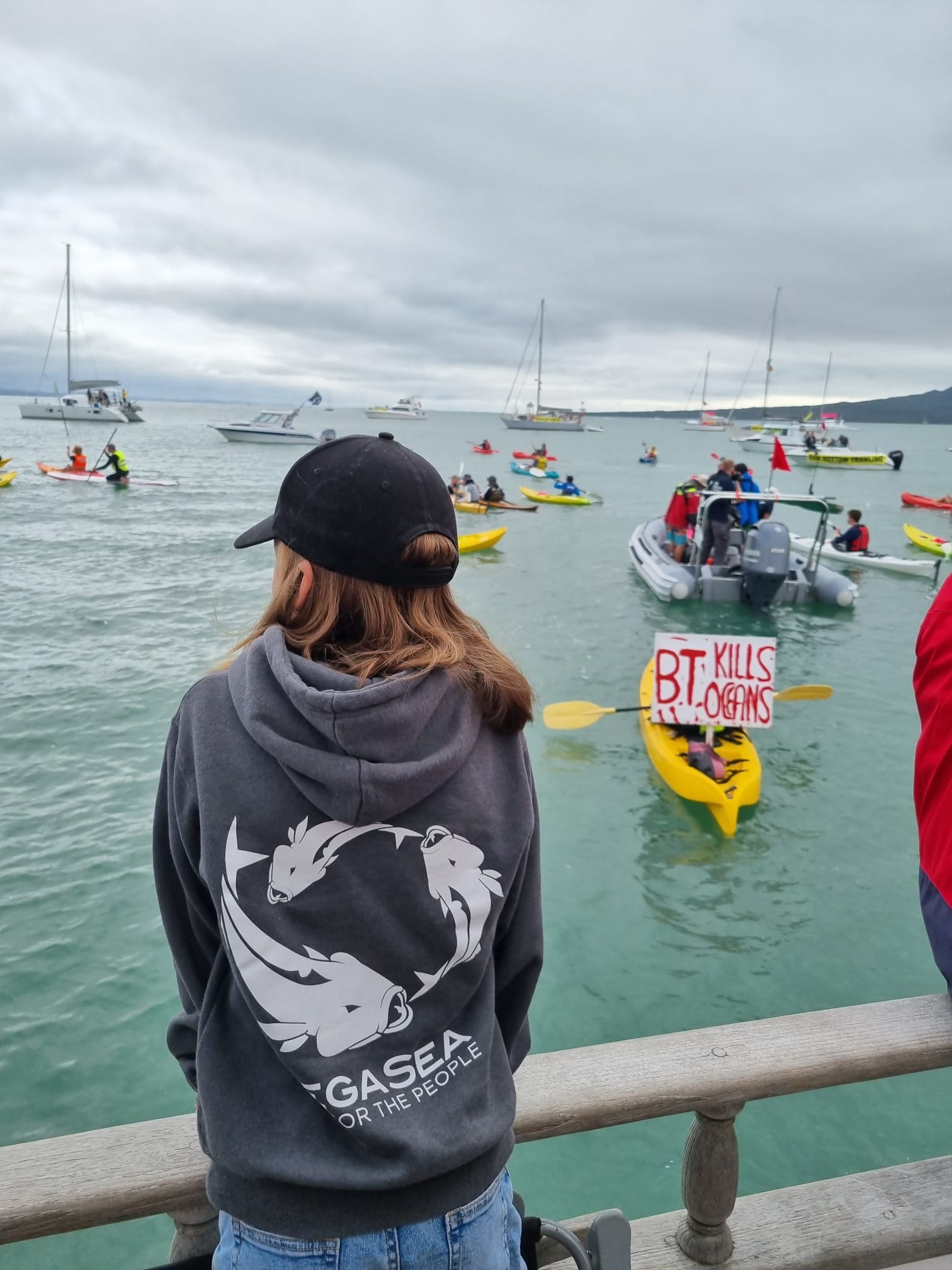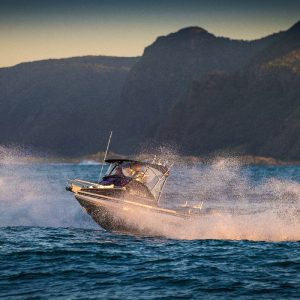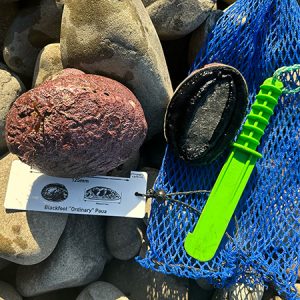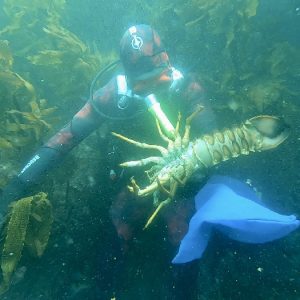As advocates for change it’s concerning that officials recently admitted they dismiss form submissions if they say the same thing. Most of the submissions that LegaSea receives from passionate people have personal comments added to their submission and this feedback must not be ignored.
Firstly, because these are grunty, heartfelt messages from people who care. People who want to have a say on the future management of our marine environment. Kiwis who want a thriving fishery for our kids and theirs.
Secondly, there are statutory requirements and most notable Court judgements setting out clear rules around consultation. In the famed Wellington Airport case the Courts ruled, “Consultation involves the statement of a proposal not yet fully decided upon, listening to what others have to say, considering their responses and then deciding what will be done”.
The Court went on to say that the consulting party, in our case, the officials, “must keep its mind open and be ready to change and even start afresh”.
It would be refreshing if all consulting officials had this judgement in their minds before they pushed out proposals for public review, because there’s an increasing number of people who want to have their say.
This close to the election it’s important for all political aspirants to know what the public cares about and how they can deliver on their party’s promises. Fisheries has never really featured in the top ten issues, but that might be about to change.
A recent nationwide poll shows that around 5% of the voting public, equivalent to around 194,000 adults, say sustainable ocean fisheries policies will have 100% priority when casting their party vote in October.
That’s a massive vote of confidence for our submitters and others striving for restored abundance and a fair go for future generations.
So, what is a sustainable fisheries policy? B50.
B50 is maintaining fish biomass, the weight of all fish in the population, above 50% of their estimated unfished level, before fishing began to deplete the stock. This fits within international best practice of ecosystem-based fisheries management, not the single species focus we currently employ. Our neighbours across the ditch in Queensland have adopted a similar approach, adopting a more ambitious target of B60.
Studies show that maximum social and economic benefits can be achieved if fish populations are maintained above B50. That’s because more selective fishing techniques can be used to target the most desirable size and quantity of fish, reducing wastage.
Selective fishing also means leaving more fish in the water to grow and reproduce, increasing biodiversity and ecosystem function. As evidenced by the recent poll, there is an increasing number of people keen to benefit from having a thriving marine environment.
Since our inception in 2012 LegaSea has promoted conservation through utilisation. If you take a fish from the water, use all of it to share with whanau and friends and leave the rest for another day.
We’ve also given people the tools to have their say on important issues and sometimes our voice has been heard. However, on many occasions we’ve been ignored with no reasonable explanation.
While the officials’ attitude explains a lot of past behaviour, officials cannot ignore the statutory obligation to genuinely engage in a consultation process and treat feedback on its merits. After all, if officials want to get their proposals over the line they have to win favour with the decision-makers, the politicians.
Please, email or visit your local politicians and tell them you want B50, restored abundance and a fair go for your kids and theirs.
More info
FAQ – What is B50?





